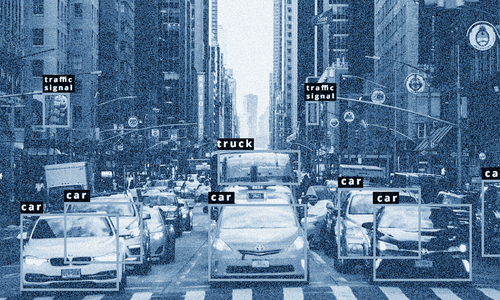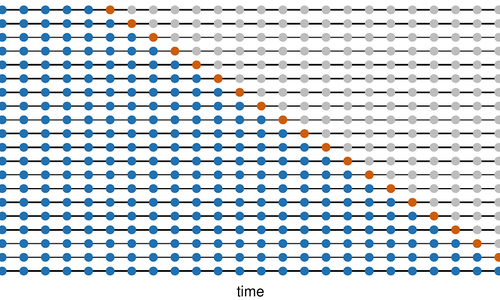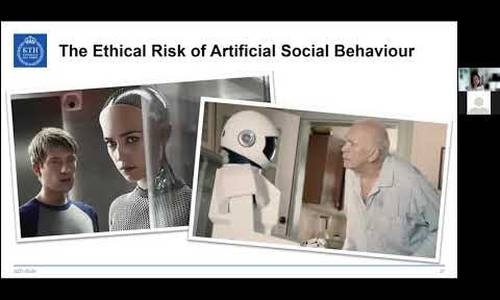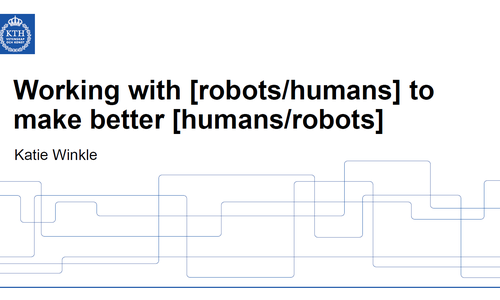Knowledge Sharing Session #5: Social Robotics
Welcome to the fifth iteration of our Knowledge Sharing Sessions. This week, we introduce Katie Winkle, a Digital Futures Postdoctoral Research Fellow at KTH, who will speak on social robotics! Specifically, Working with [robots/humans] to make better [humans/robots].
Abstract: Socially assistive robots are those which should provide some helpful function through their social interactions. This is really all about social influence – designing socially persuasive and hence influential robots that can induce some desirable behaviour change in the user. Literally, using robots to make ‘better’ humans. However, it’s hard to do this well, and potentially at least a little bit ethically questionable. This is where the humans come in – (most) humans are pretty good at this social stuff and some (e.g. therapists, teachers) are experts at it. They can also help us roboticists figure out exactly what our robots should (not) do, and to think about the broader social impact of our work. So clearly, we should be working with humans to make better robots. In this talk I’ll draw on examples from my work to demonstrate how both of these things can be done in practice, and try to convince you that working on these two goals simultaneously is the best way forward for engineering effective and meaningful human-robot interactions.
📝 Registration
Sorry, the event has already taken place!
Ping us at contact@kthais.com if you need help.
Time: May 4, 2021 15:00 - 16:00
📣 Speaker
After originally studying to be a mechanical engineer, Katie undertook a PhD on social robotics at the Bristol Robotics Laboratory in the UK, where she also undertook work on responsible robotics with partners from the University of Oxford. She successfully defended her thesis ‘Expert-Informed Design and Automation of Persuasive, Socially Assistive Robots’ in Summer 2020. Now, Katie is a Digital Futures Postdoctoral Research Fellow at KTH, based in the Social Robotics group at the Division of Robotics, Perception and Learning. Her research is hugely interdisciplinary, drawing on psychology and the social sciences as well as the latest in robotics and AI to engineer effective, meaningful and impactful human-robot interactions.
Location: Zoom 
Become a member
Join the KTH AI Society and gain access to Slack ![]() where you can communicate with others interested in the same field as you and get a quick insight on the organization!
where you can communicate with others interested in the same field as you and get a quick insight on the organization!
Latest news

The Intersection of AI and the Human Brain

A longstanding aspiration of researchers has been to create Artificial...

Navigating the New Energy Era

By Yuhui Gan Artificial Intelligence (AI) technologies are revolutionizing the...

An Introduction to Time Series Forecasting


What is a time series? Many of the real world...





